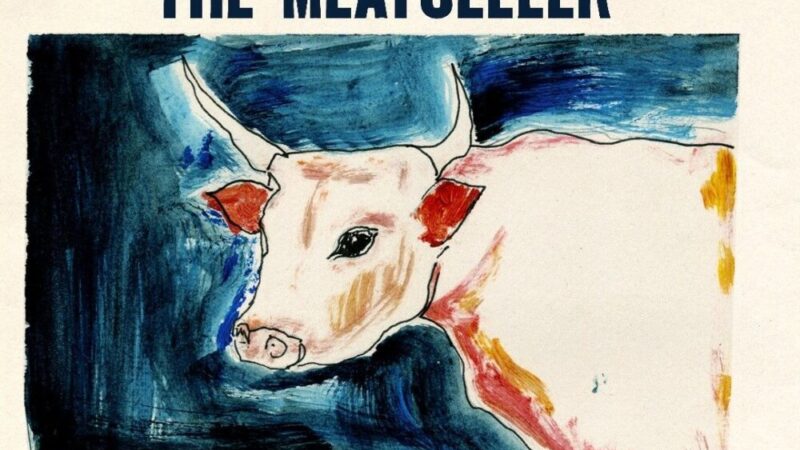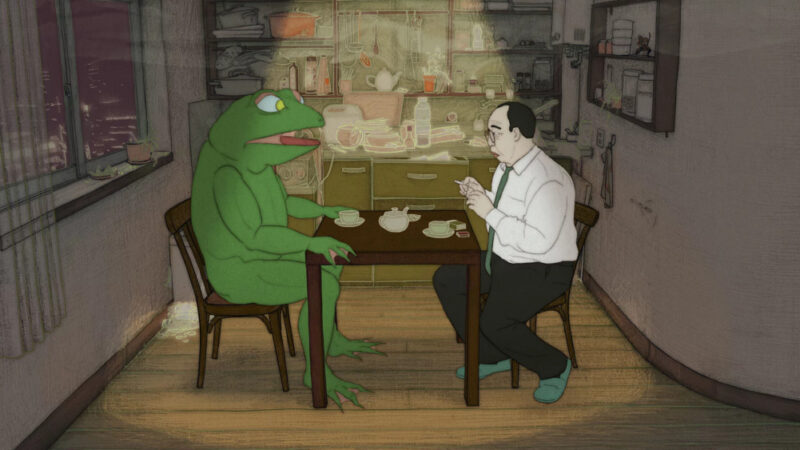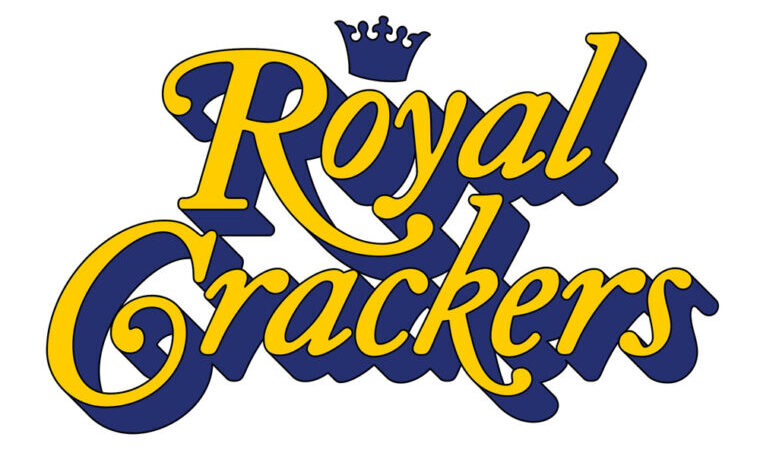How filmmakers are adapting to the rise of virtual festivals
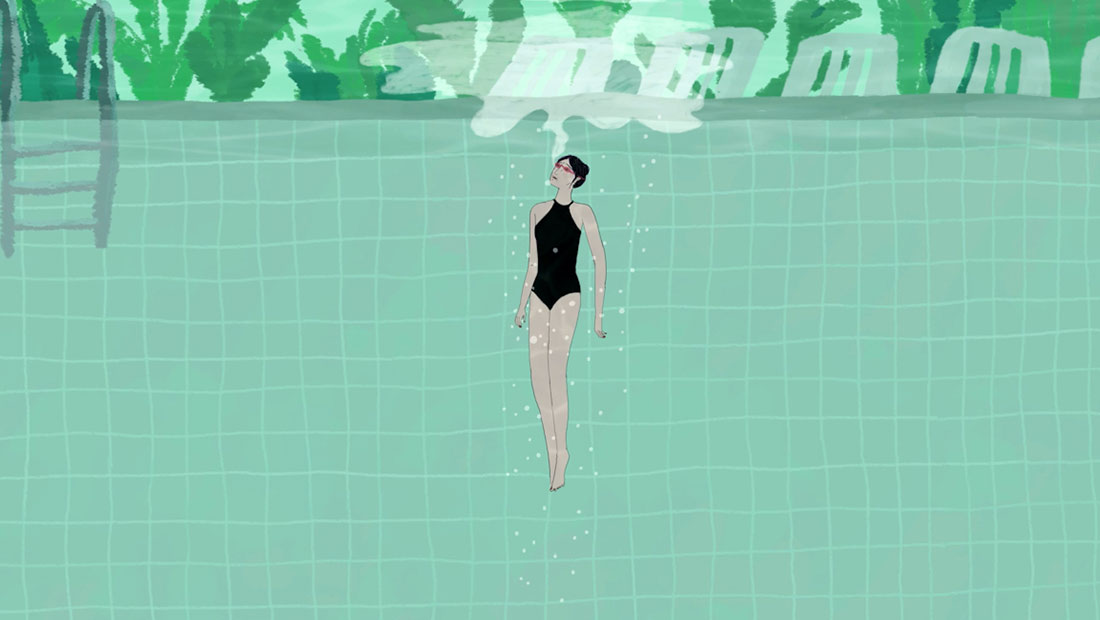
Pressed for the time, the organizers are more or less improvising, and a series of approaches have been adopted so far (Short of the Week has a good overview). Directors and distributors observe the terms of each virtual festival when deciding whether to let their work be shown. But their attitude can also be shaped by a broader consideration: what does it mean to take part in a festival without a physical community? And could this be the future?
For Thomas Renoldner, an online festival is better than nothing. His film I do not know what, which is being distributed, has been accepted in Ann Arbor. When the festival switched to live streaming, it kept its film on the schedule and took part in remote questions and answers. "It was a moment of distraction", he says, "a kind of little escape from [the crisis] and I found it nice to experience the spirit of our artistic community". Money was no problem: "I'd rather give them money than ask for a tax - in this situation and with this particular festival."
Caroline Attia agrees. His film northern Lights has just started his festival, "at the worst possible time". Its next screening will be in the online edition of the Aubagne Festival. "I think it's a good opportunity at this very particular time to get the film to the public," he says. Basically, the film will only be streamed for one day, "so as not to compromise other festival screenings."
As Attia suggests, virtual festivals are threatening the delicate ecosystem of short film distribution, where online gaming can prevent a work from being considered by other festivals or buyers. A survival pledge was launched for the Film Festival to establish temporary exceptions to the industry rules. Over a hundred festivals and other organizations in the United States have signed up so far - a decent number, yet only a small fraction of the industry.
As the head of Miyu Distribution, Luce Grosjean represents an extensive roster of animation filmmakers and several virtual festivals have approached her in recent weeks. Often, the films in question have been pre-sold to channels like Arte, which poses obstacles to streaming: "Channels can be flexible, but if festivals don't make an effort, it's hard to give them the rights ... [Some festivals] don't to consider our problems and just try to solve them. On the contrary, some are happy to play the game of geo-restriction and pay ".
Money can be a clincher. When the organizers of the SXSW virtual screenings offered $ 3000 each for streaming Symbiosis e Chicken of the Dead, two films that Grosjean distributes for a month, he gladly accepted. As for its filmmakers, a key consideration is whether they can use a festival laurel. As for Grosjean, if a festival officially announced a lineup for a real-life edition that was later canceled, any film included in that lineup can legitimately use the laurel.
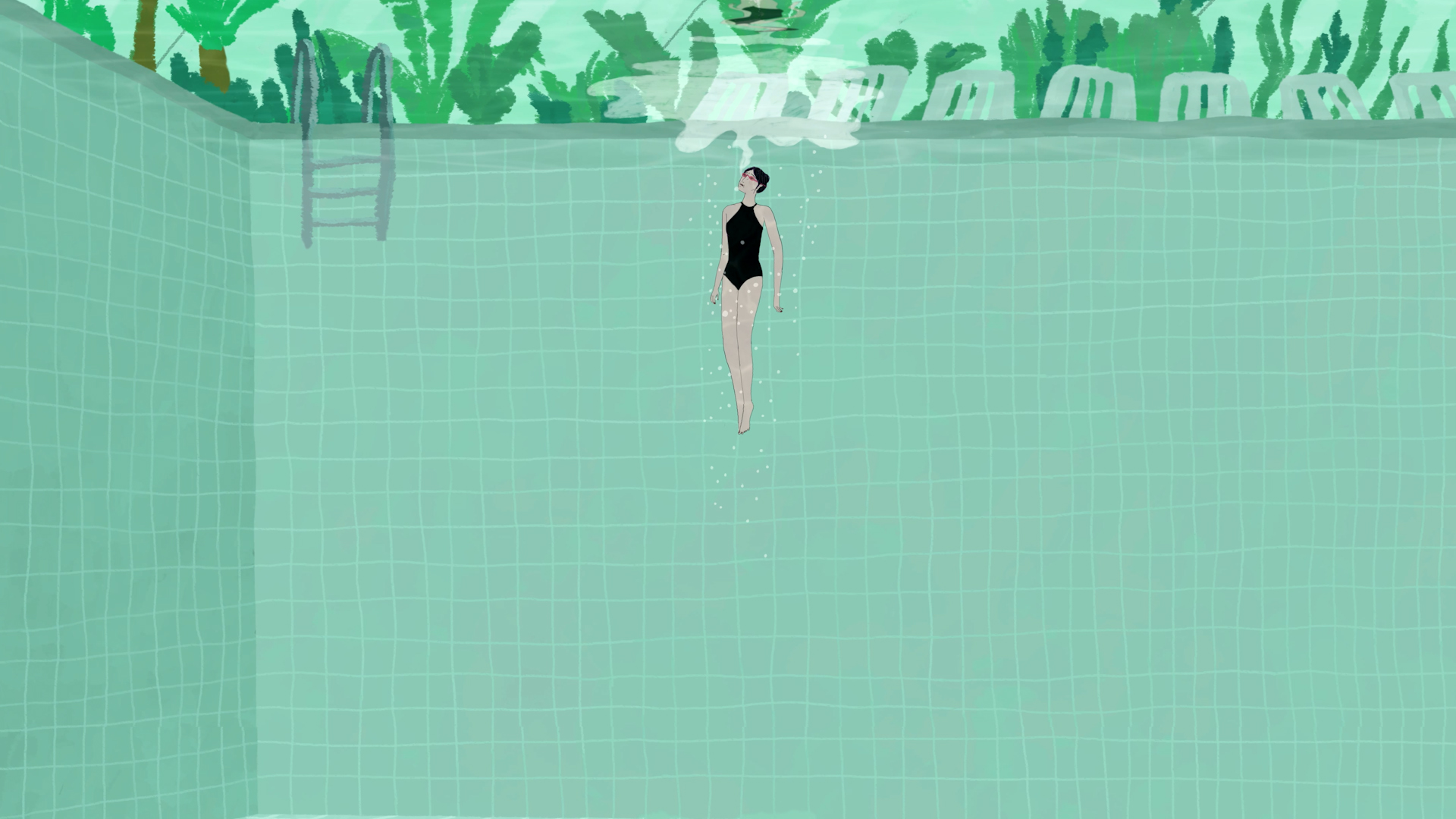
When a film is banned from virtual festivals by previous distribution agreements, it can lose a significant portion of its target audience. Like Theodore Ushev, director of The physics of pain, to put it, the situation “practically kills my film. And I'm not happy with that at all. I understand the efforts of festivals to move forward, to save their funding. And the filmmakers? We are in a catch 22 situation. Selected at festivals [but unable] to show our works. "
But for Ushev, the problem of virtual festivals isn't just logistical - it's philosophical: "Honestly, this whole idea challenges the concept of film festivals, as a place where fellow directors, audiences, professionals meet ..."
In this perspective, Ushev is not alone. Sean Buckelew allowed Ann Arbor to keep his film I'm not a robot for their online stream. It hadn't yet planned to preview it online, but the coronavirus crisis has changed its mind. In his opinion, the festival "did an amazing job, they really moved online at zero hour and managed to make it happen".
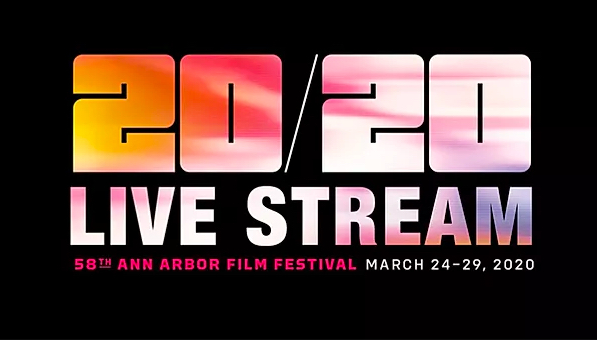


But when he received an offer for another virtual festival, Buckelew declined. "Since the internet is basically all about a space," he says, "it removes the excitement of any festival by bringing a unique audience of certain people to a certain place ... Curation and context are extremely important, but it also seems that some point, if you continued showing the same film multiple times in different festivals that had moved online, you can also upload it yourself permanently. "
One festival that has chosen to preserve the real-life experience is GLAS. After canceling its Berkeley edition last month, it opted to host a smaller-scale festival in Los Angeles at the end of the year. That said, the festival may incorporate virtual events in the future, as its director Jeanette Bonds explains: "We are not fundamentally opposed to live streaming events ... but when the time comes [to do one] we would like it to be something designed for that format in We also explored the idea of asking more live-stream Q&A with artists and directors. "
If the next few months show that virtual festivals are technically feasible - and commercially viable - they can remain an important fixture of the circuit even after the crisis has passed. Renoldner sees a positive side of this: “I feel that even festival tourism has become too intense in recent decades. Visiting numerous festivals in a year is not very nice for our planet. "
However, like everyone else, he believes that the online experience ultimately doesn't replace real-life festivals. "Final answer: I'm sure the physical festival - at least the good ones - will obviously survive."
(As originally worded, this article implied that SXSW itself is organizing the virtual festival in its name, which is actually an initiative of Mailchimp and Oscilloscope. The text has been changed to reflect this.)


